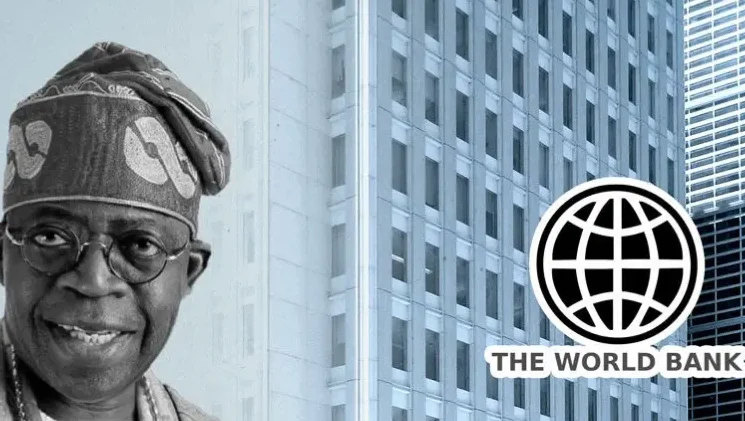The World Bank says that Nigeria must sustain its current economic reforms over the next 10 to 15 years to position itself as a leading global economic power, not only in sub-Saharan Africa but worldwide.
According to the bank, these reforms are vital for ensuring long-term growth and development, enabling Nigeria to compete with other emerging economies across the globe.
Indermit Gill, the Senior Vice President of the World Bank Group, delivered this advice during the 30th Nigerian Economic Summit in Abuja, jointly organised by the Nigerian Economic Summit Group and the Ministry of Budget and National Planning.
The three-day event, themed “Collaborative Action for Growth, Competitiveness, and Stability,” is addressing Nigeria’s current economic challenges.
Nigeria is currently dealing with a high inflation rate of 32.15%, driven primarily by the removal of the fuel subsidy, which has escalated transportation and production costs.
The unification of the foreign exchange market has also resulted in significant currency fluctuations, raising the cost of goods and services and contributing to the high cost of living.
In his opening remarks, Gill stressed that the current administration’s reforms are crucial for reversing the N10 trillion lost to fuel subsidies and multiple exchange rates, which benefitted only the elite.
He acknowledged that while these reforms may be difficult to implement, they are essential for the country’s future stability and progress.
Gill said, “Nigeria will need to stay the course of current economic reforms for at least the next 10 to 15 years to transform its economy.”
After being momentarily interrupted by a negative reaction from the audience, he continued, “I don’t know if you are agreeing or disagreeing with me. If these reforms are sustained, Nigeria will transform its economy and become an engine of growth in sub-Saharan Africa, and it will help to transform sub-Saharan Africa.
“It is very difficult to implement such reforms, but the rewards will be massive if they are maintained.”


